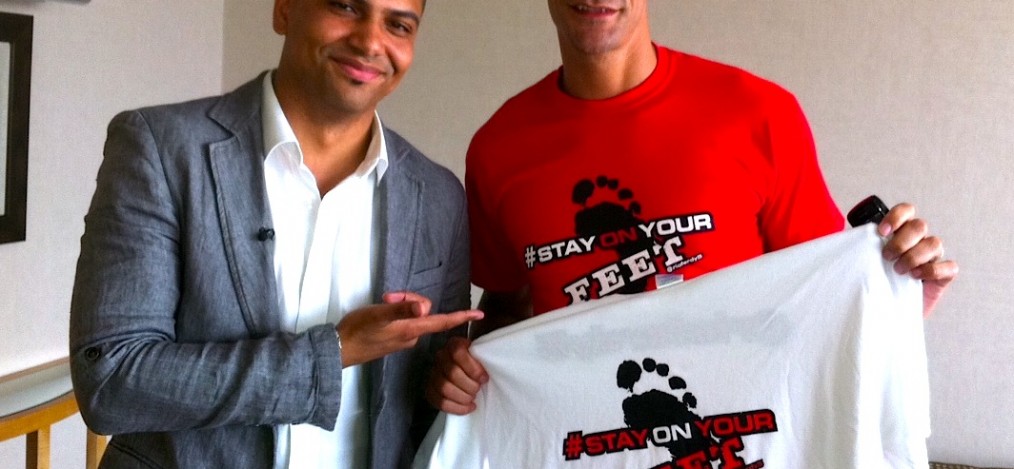In years to come, Jason Roberts, Rio Ferdinand and others’ refusal to wear Kick It Out t-shirts will be seen as a seminal moment for anti-racism campaigning in football.
We will look back and say: that was the moment that made the football authorities step up its efforts to challenge racism, indeed all forms of discrimination.
Well, that’s what the community hopes anyway…
It is incredible to think that a simple protest by players, unhappy – not necessarily with Kick It Out – but the game’s rulers inability to address inequality and racist abuse sufficiently has catapulted the issue to the top of the agenda (or near enough).
Why didn’t they do this ages ago? Some will say.
If it was a case of self –organising, the community should send a thank you note to Twitter. While they aren’t exactly the best at policing racism themselves, the social media tool has provided a space that has helped players network like never before.
While it may seem far-fetched to some, Twitter has generated a strong network of players – both black and white – who communicate regularly. It’s the Yellow Pages of football, and while they may not always reply to the likes of me and you… they certainly get back to those from their own profession.
Without a doubt the Anton Ferdinand v Terry and Evra v Suarez incidents were huge factors in much – maybe all – of the unhappiness that lead to the protest. But how did the YouTube link of the former England captain using racially abusive language find its way into the media? And in the Suarez race abuse incident strong and regular comments surrounding the case on Twitter kept the issue live in our consciousness, as well as in the press.
One footballer said to me a few weeks ago, ‘On twitter there is nowhere to hide’. He’s right. Your timeline of comments now represents your personality, perspective and importantly, your politics. Players are now watching each other’s views and gaining confidence that they are not alone in their beliefs.
As the debates rage on about whether a black footballers’ association would work, whether the Kick It Out campaign needs to modernise, or if the football authorities are genuinely committed to the fight against racism, you can be sure of one thing. That the hundreds of footballers networking on twitter will not let these issues be swept under the mouse mat.

